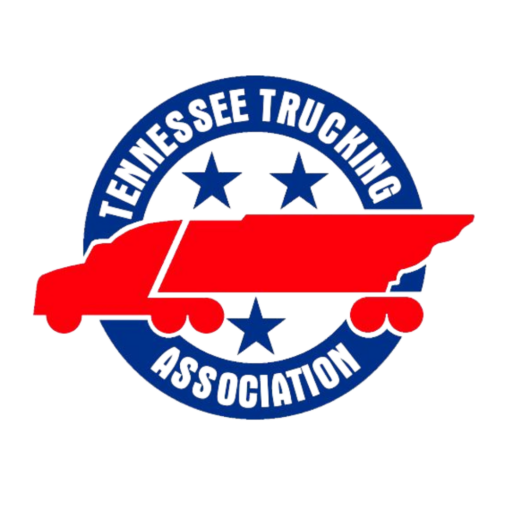Archive for July 2020
Southeast Tennessee Council Meeting 7-28-2020
The Southeast TN Council held another virtual meeting today, 7-28-2020, in place of our in-person meetings. We had 25 participants join on the meeting. The presenter for this meeting was Joseph Sentef MD, MPH, MBA, MRO, the Chief Medical Officer for the FMCSA and Chief MRO for CMS. He is also a longstanding Chattanooga…
Read MoreUnderstanding the Impact of Nuclear Verdicts on the Trucking Industry
Understanding the Impact of Nuclear Verdicts on the Trucking Industry The American Transportation Research Institute recently released comprehensive research that confirms that large verdicts against trucking fleets are increasing dramatically, both in number and in size of awards. ATRI’s research is partially based on a newly created trucking litigation database that provides detailed information on…
Read MoreAdams and Reese Legislative Update 7-1-2020
The 111th Tennessee General Assembly adjourned sine die just after 3 a.m. on June 19th with agreements on the budget, but the two chambers failed to come to terms on major legislative initiatives such as COVID-19 protection for businesses, certificate of need legislation, and telemedicine. This month’s adjournment lacked much of the pomp and circumstance…
Read More